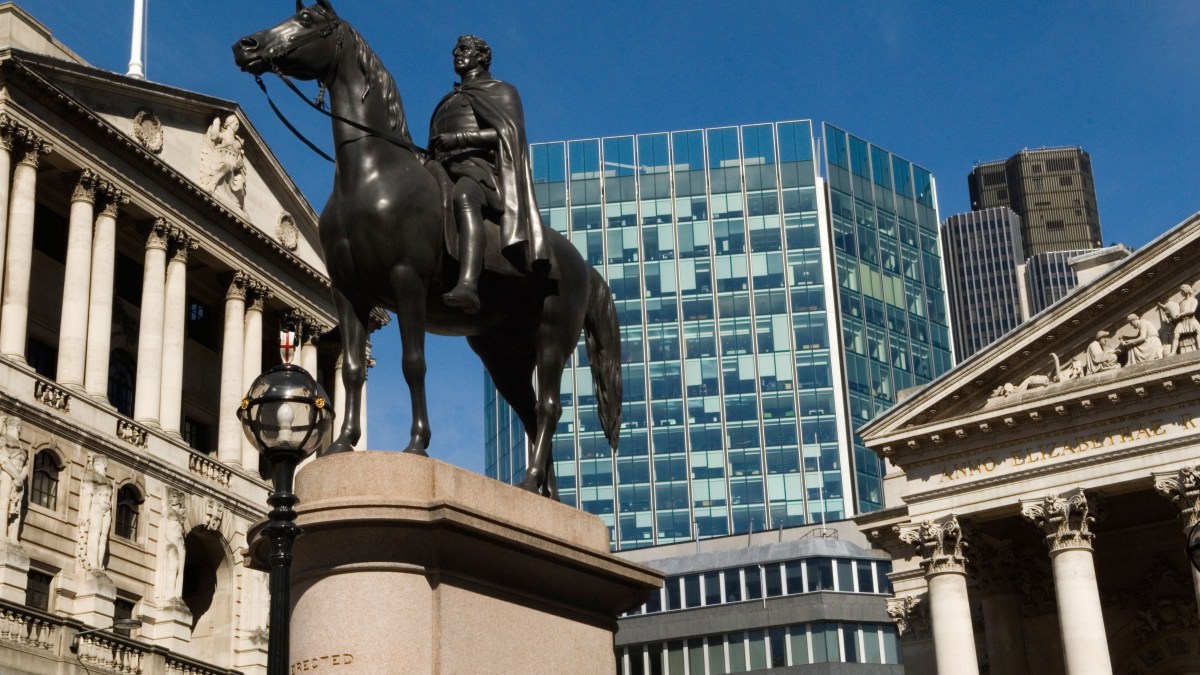Going for growth has been Rachel Reeves’s mantra since taking office. And she is likely to make the most of the International Monetary Fund’s upgrading of its growth forecast for the UK from 1.2 per cent to 1.3 per cent on October 14 — making it the second-fastest growing economy in the G7 after America.
But while the growth rate might look impressive, it counts for little because inflation is so high. The IMF also warned that UK inflation will be the highest in the group of advanced economies in 2025 and 2026.
Today’s figures put inflation at 3.8 per cent for the year to September — the same as last month’s figure (and the month before) and a long way from the 2 per cent target. While the Bank of England is responsible for keeping a lid on inflation, the chancellor is directly responsible for fiscal policy, which affects the economy and, ultimately, prices.
• Public sector pensions rise causing £2.2bn headache for Reeves
Higher food prices have been one of the main drivers of inflation this year. The rise in employer national insurance and the national living wage in April, announced in the budget last year, are partly to blame because they have increased costs for food manufacturers and retailers, which have then been passed on to consumers.
• Just one in five of us know the state pension age
We cannot forget that every time inflation surges, the value of our money falls. We have also felt this heavily due to frozen tax thresholds, which have had more and more of an impact as prices have risen. Figures published yesterday by HM Revenue & Customs show that the tax take for April to September was £438.6 billion — £32.1 billion more than at this point last year.
Worryingly, the IMF said inflation will average out at 3.4 per cent this year. This is 0.8 percentage points higher than the 2.6 per cent forecast in last year’s budget by the Office for Budget Responsibility. It’s not the outlook anyone hoped for.
The UK inflation rate, as measured by the consumer prices index, rose almost continuously from below 1 per cent in early 2021 to 11.1 per cent in October 2022 — the highest in 41 years.
While it has come down since then, inflation remains stubbornly high and the downward trend started to reverse in October last year. CPI has been 3.8 per cent since July, the highest rate since January 2024. And it does not seem to be coming down.
• Put a stop to damaging pension tax rumours, Rachel Reeves told
Even when inflation slows, it doesn’t mean prices are falling — they are just rising less quickly. The price rises of the past five years are here to stay. Between May 2021 and May 2024, consumer prices went up 20.8 per cent, according to House of Commons Library.
Last year’s budget was one of the biggest tax raids in history, yet Reeves is suggesting that more tax pain is to come. She must not forget that we are already paying more tax because of runaway inflation on her watch — her policies, such as the national insurance raid earlier this year, have played their part. When the tax threshold freeze is inevitably extended, she needs to acknowledge the huge chunk of money that savers and workers have already lost, thanks to high inflation.
